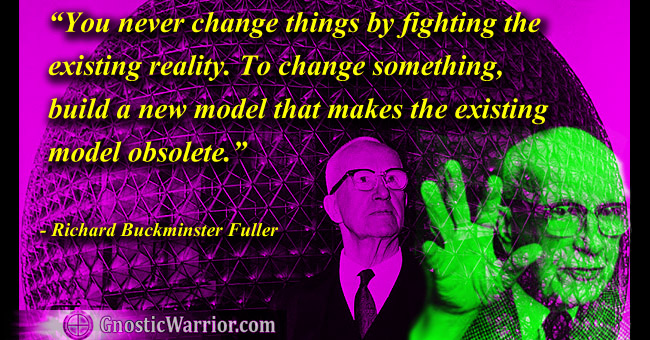The greatest thinkers of Greece and Rome regarded such matters as demonstrated facts. They distinguished the apparitions by the names of manes, anima and umbra: the manes descending after the decease of the individual into the Underworld; the anima, or pure spirit, ascending to heaven; and the restless umbra (earth-bound spirit), hovering about its tomb, because the attraction of matter and love of its earthly body prevailed in it and prevented its ascension to higher regions.
“Terra legit carnem tumulum circumvolet umbra,
Orcus habet manes, spiritus astra petit,”
says Ovid, speaking of the threefold constituents of souls.
But all such definitions must be subjected to the careful analysis of philosophy. Too many of our thinkers do not consider that the numerous changes in language, the allegorical phraseology and evident secretiveness of old Mystic writers, who were generally under an obligation never to divulge the solemn secrets of the sanctuary, might have sadly misled translators and commentators. The phrases of the mediaeval alchemist they read literally; and even the veiled symbolology of Plato is commonly misunderstood by the modern scholar.
One day they may learn to know better, and so become aware that the method of extreme necessarianism was practiced in ancient as well as in modern philosophy; that from the first ages of man, the fundamental truths of all that we are permitted to know on earth was in the safe keeping of the adepts of the sanc-
Page 38
tuary; that the difference in creeds and religious practice was only external; and that those guardians of the primitive divine revelation, who had solved every problem that is within the grasp of human intellect, were bound together by a universal freemasonry of science and philosophy, which formed one unbroken chain around the globe. It is for philology and psychology to find the end of the thread. That done, it will then be ascertained that, by relaxing one single loop of the old religious systems, the chain of mystery may be disentangled.
The neglect and withholding of these proofs have driven such eminent minds as Hare and Wallace, and other men of power, into the fold of modern spiritualism. At the same time it has forced others, congenitally devoid of spiritual intuitions, into a gross materialism that figures under various names.
But we see no utility in prosecuting the subject further. For, though in the opinion of most of our contemporaries, there has been but one day of learning, in whose twilight stood the older philosophers, and whose noontide brightness is all our own; and though the testimony of scores of ancient and mediaeval thinkers has proved valueless to modern experimenters, as though the world dated from A.D. 1, and all knowledge were of recent growth, we will not lose hope or courage. The moment is more opportune than ever for the review of old philosophies. Archaeologists, philologists, astronomers, chemists and physicists are getting nearer and nearer to the point where they will be forced to consider them. Physical science has already reached its limits of exploration; dogmatic theology sees the springs of its inspiration dry.ss Unless we mistake the signs, the day is approaching when the world will receive the proofs that only ancient religions were in harmony with nature, and ancient science embraced all that can be known. Secrets long kept may be revealed; books long forgotten and arts long time lost may be brought out to light again; papyri and parchments of inestimable importance will turn up in the hands of men who pretend to have unrolled them from mummies, or stumbled upon them in buried crypts; tablets and pillars, whose sculptured revelations will stagger theologians and confound scientists, may yet be excavated and interpreted. Who knows the possibilities of the future? An era of disenchantment and rebuilding will soon begin — nay, has already begun. The cycle has almost run its course; a new one is about to begin, and the future pages of history may contain full evidence, and convey full proof that
“If ancestry can be in aught believed,
Descending spirits have conversed with man,
And told him secrets of the world unknown.

Moe is the founder of GnosticWarrior.com. He is a father, husband, author, martial arts black belt, and an expert in Gnosticism, the occult, and esotericism.

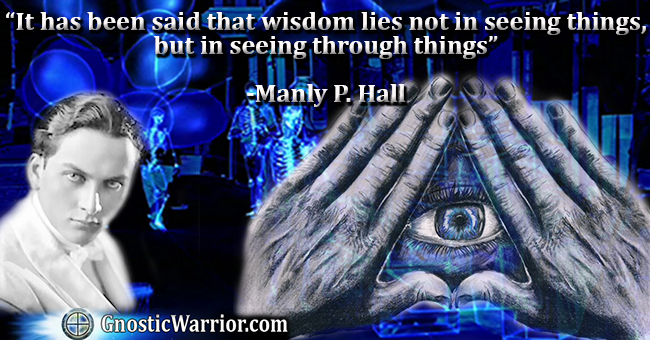
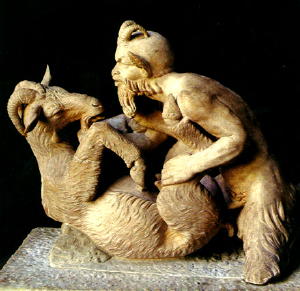

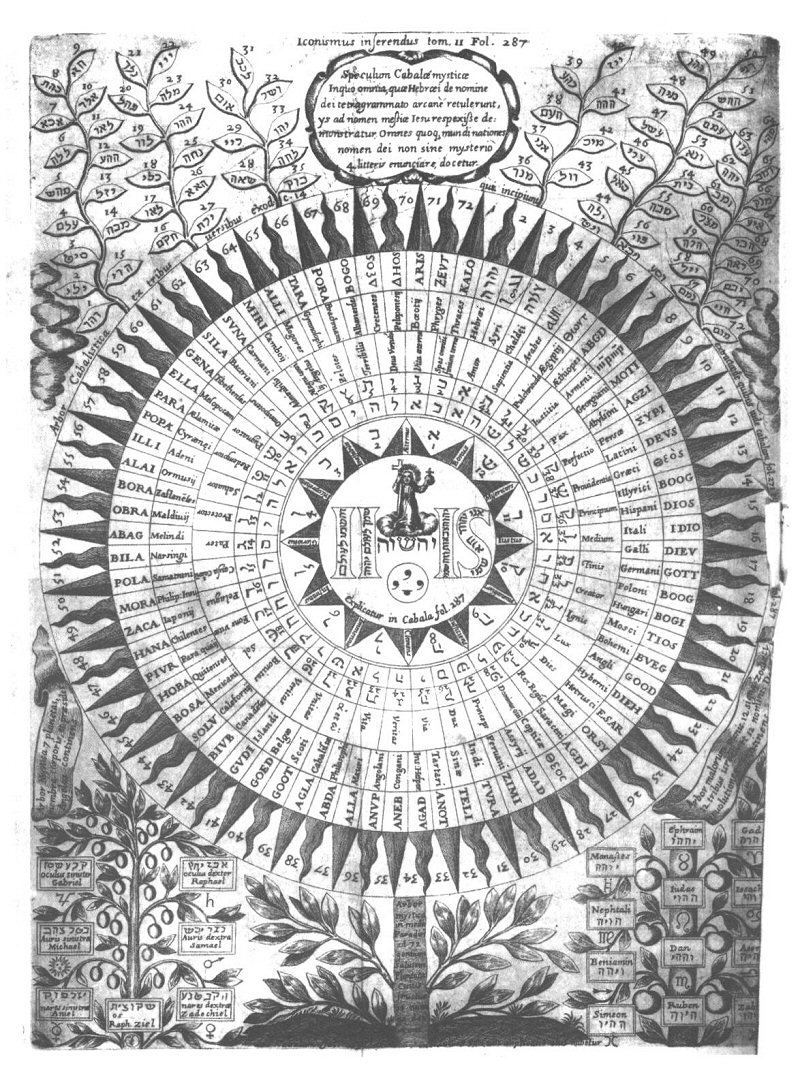
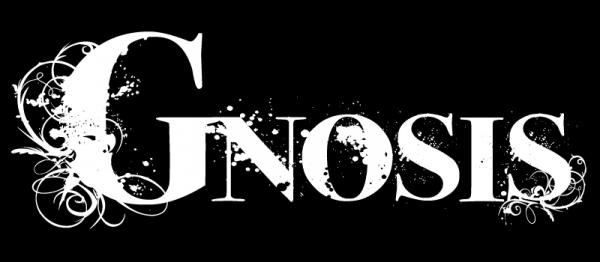
![How one in the province of the Northumbrians, rose from the dead, and related many things which he had seen, some to be greatly dreaded and some to be desired [Circ. 696 A.D.] | Book 5 | Chapter 11 How one in the province of the Northumbrians, rose from the dead, and related many things which he had seen, some to be greatly dreaded and some to be desired [Circ. 696 A.D.] | Book 5 | Chapter 11](https://www.gnosticwarrior.com/wp-content/plugins/contextual-related-posts/default.png)
